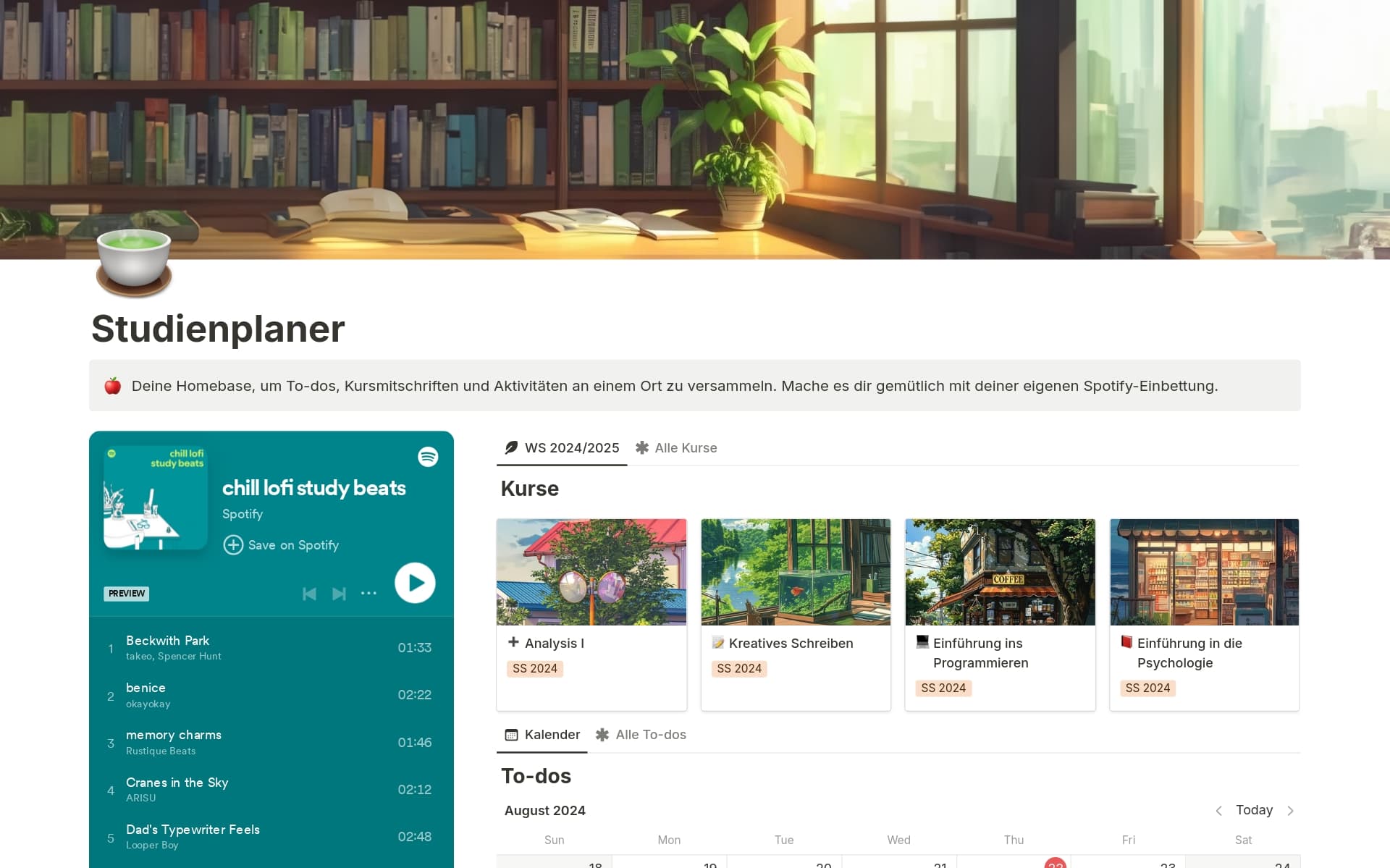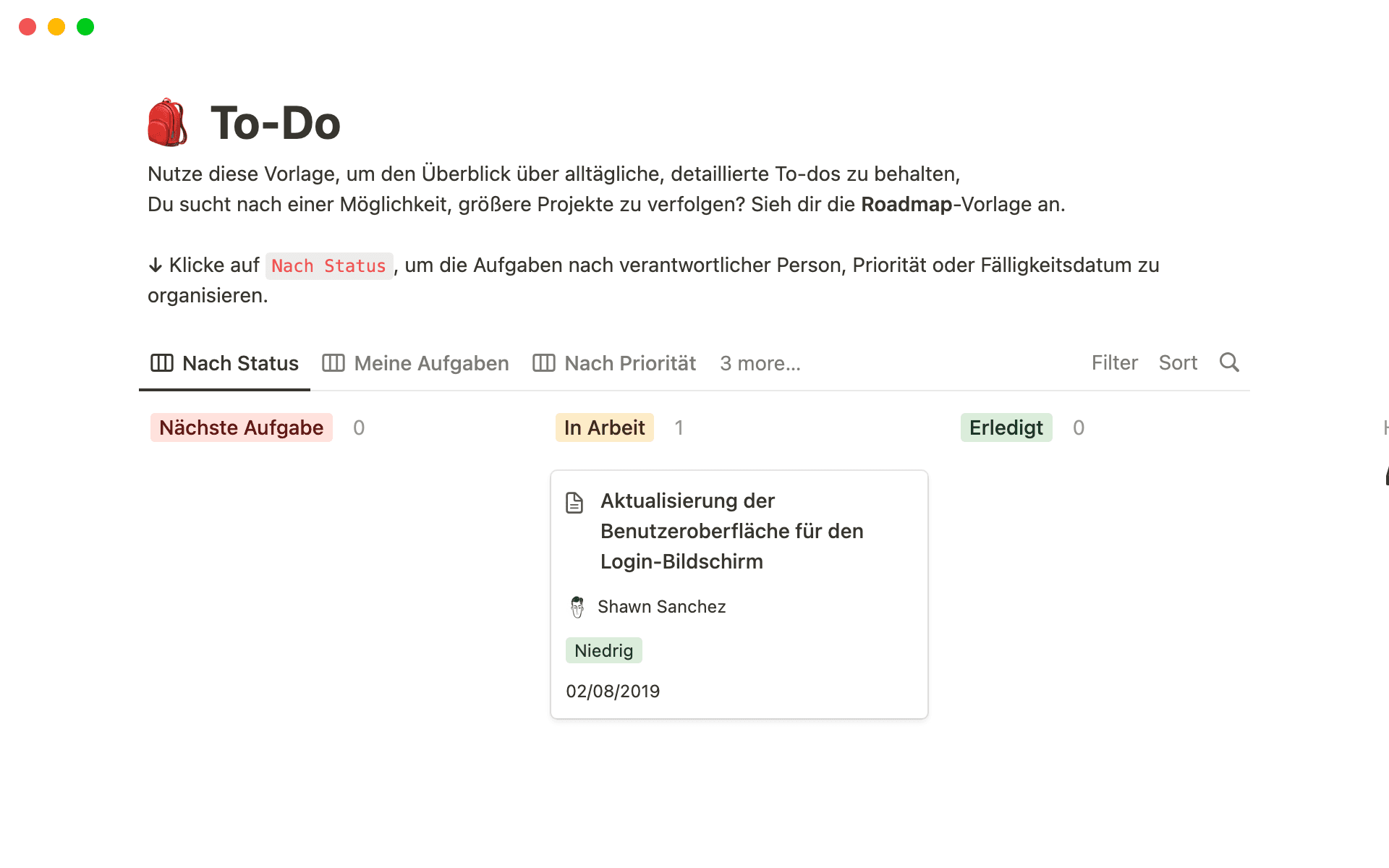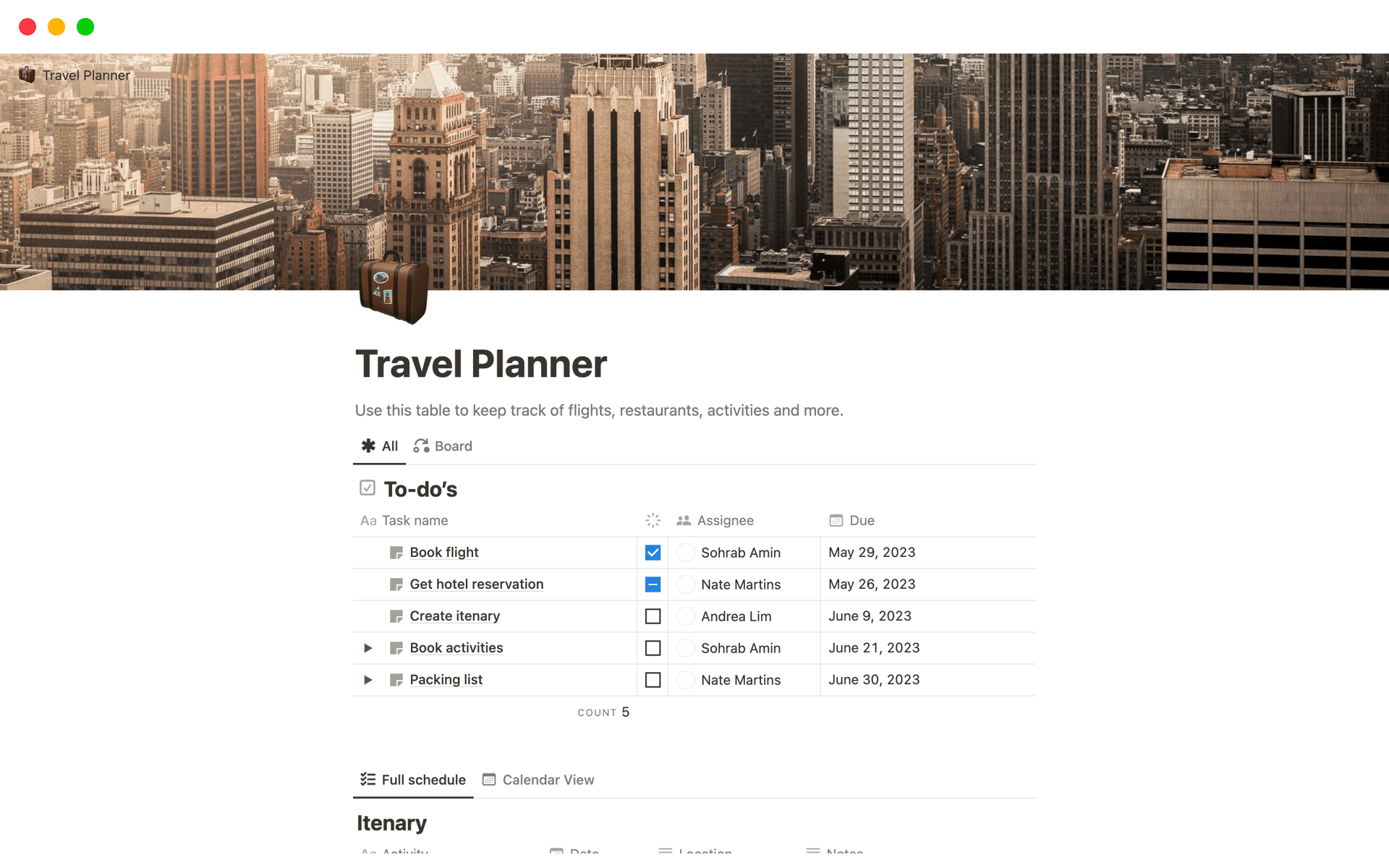Launch your next big idea with templates that are designed for every aspect of running and building your startup.
What Should Startup Templates Include?
Choosing the right Notion template can streamline the early stages of your startup by organizing essential processes and information. Here are key components to look for in a startup template:
Project Management Tools: A good template should include features that help you track different projects, set deadlines, and assign tasks to team members efficiently.
Financial Planning: Look for templates that offer financial tracking tools, budget planners, and financial forecasting to keep your startup's finances in check.
Resource Allocation: It should provide a clear system for managing resources, including time, budget, and manpower, ensuring optimal use of each.
Communication Channels: Effective templates facilitate internal communication through integrated sections for meeting notes, updates, and team feedback.
Selecting a template with these components will help ensure your startup is well-organized and poised for growth.
What Should Startup Templates Avoid?
Choosing the right Notion template for your startup can streamline your operations and enhance productivity. However, some features might do more harm than good. Here are a few components to steer clear of:
Overly Complex Structures: Templates with too many layers and complex navigation can confuse rather than help. Opt for simplicity to keep your team on the same page.
Generic Content: Avoid templates filled with generic or placeholder content. It can be time-consuming to replace, and might not suit your specific startup needs.
Non-scalable Elements: Ensure the template can grow with your business. Avoid those that are not adaptable to increasing data or team sizes.
Selecting a template that avoids these pitfalls will ensure a smoother workflow and help your startup maintain its focus on growth and innovation.




